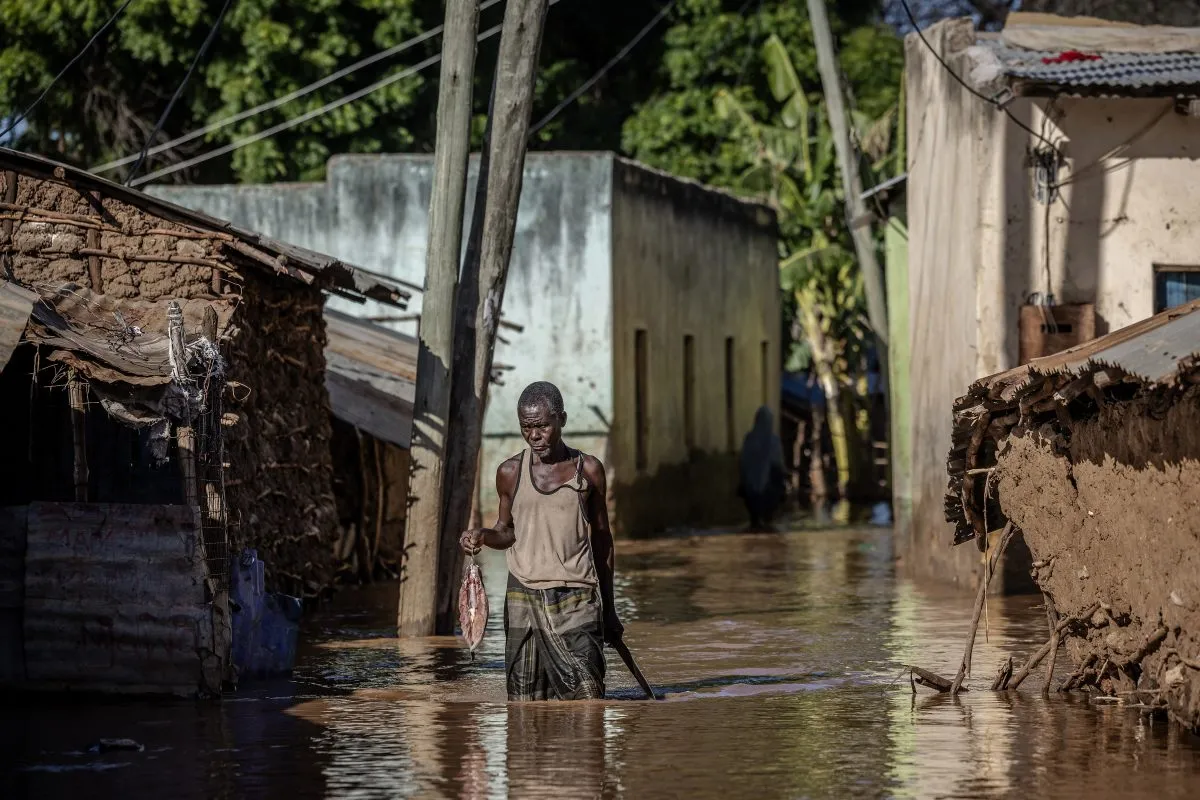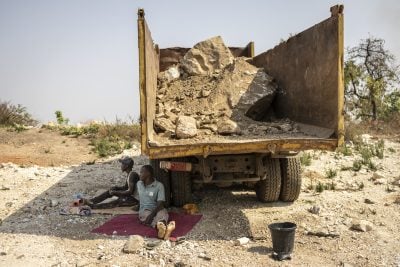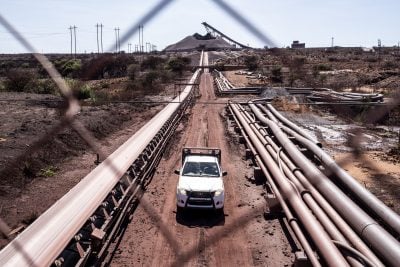A “grim” future awaits Sub-Saharan Africa if the region’s policymakers fail to take bold steps towards achieving the Sustainable Development Goals (SDGs), according to Earth4All, a collective of economic thinkers and scientists.
In the best-case scenario enabled by radical and sustained policy interventions, called the “Giant Leap,” Sub-Saharan Africa could see poverty drop from 500 million to 25 million people, hunger nearly eradicated, and universal access to education, clean water, and sustainable electricity.
On the other hand, the “Too Little Too Late” scenario paints a dark picture where poverty rises to 900 million, hunger still affects 180 million, and over a billion people lack clean water.
The report shows the SDG policy levers needed to be met in Sub-Saharan Africa by 2100 and equips policymakers with solutions designed to accelerate SDG implementation.
Radical change demanded
It concludes that policymakers can step up the implementation of the SDGs by 2030 and achieve general wellbeing if they enact five “extraordinary turnarounds” that break with current trends. The turnarounds include ending poverty through the reform of the global financial system, addressing gross inequality by guaranteeing that the richest 10% take below 40% of national incomes, equipping women to achieve full gender equality by 2050, revolutionising the food system to provide healthy diets for planet and people, and transitioning to clean energy to reach net zero emissions by 2050.
Achieving the Giant Leap will cost 2-4% gross domestic product (GDP) per annum, but scientists say that the investment will secure multiple benefits. Undernourishment drops to 20 million in the Giant Leap, compared to 180 million under the second scenario. Universal water access is achieved by 2070, significantly improving from over one billion without access in the “Too Little Too Late” scenario. By 2040, carbon emissions reach acceptable levels unlike dangerous levels that increase global temperatures. Unemployment falls to 50 million by 2100, compared to 150 million in the Too Little Too Late scenario. Workers’ GDP per capita doubles in comparison to the second scenario, and labour’s share of GDP reaches 60% by 2040, thereby significantly promoting equality in Africa.
“The challenge for Sub-Saharan Africa this century is that economic transformation must now take place in the shadow of a climate emergency. This is a breakthrough or breakdown moment for the continent. It teeters on the brink of two vastly different futures: one of transformative progress and one of deepening despair. As we approach the UN Summit of the Future this September, the time for bold, decisive action is now—to ensure a ‘Giant Leap’ towards a future where poverty and hunger are eradicated, and every individual has access to education, clean water, and sustainable energy. Our choices today will shape the destiny of millions. We must act, and we must act decisively,” said Jane Kabubo-Mariara, executive director of the Partnership for Economic Policy and member of the Earth4All Transformational Economics Commission.
Sandrine Dixson-Declève, co-president of The Club of Rome, a nonprofit, informal organisation of intellectuals and business leaders, and executive chair of Earth4All, said that the UN Summit of the Future, held in New York from 20-23 September, would offer a chance for policymakers to make progress on the ambitious agenda.
“The UN Summit of the Future is the next port of call to leverage the global support for action on the SDGs and ensure governments and the Bretton Woods institutions heighten the ambition needed on eradicating poverty and inequality within the planetary boundaries. This summit presents a crucial opportunity for world leaders to commit to the transformative solutions and partnerships needed.”
Want to continue reading? Subscribe today.
You've read all your free articles for this month! Subscribe now to enjoy full access to our content.
Digital Monthly
£8.00 / month
Receive full unlimited access to our articles, opinions, podcasts and more.
Digital Yearly
£70.00 / year
Our best value offer - save £26 and gain access to all of our digital content for an entire year!

 Sign in with Google
Sign in with Google 



